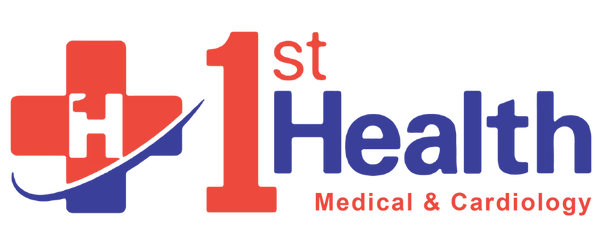
Stroke Rehabilitation
Stroke Rehabilitation A stroke is a sudden interruption of blood flow to the brain, causing brain cells to die. The effects of a stroke vary greatly depending on the location and severity of the damage. However, stroke rehabilitation offers immense potential for recovery and regaining independence. This guide will equip



